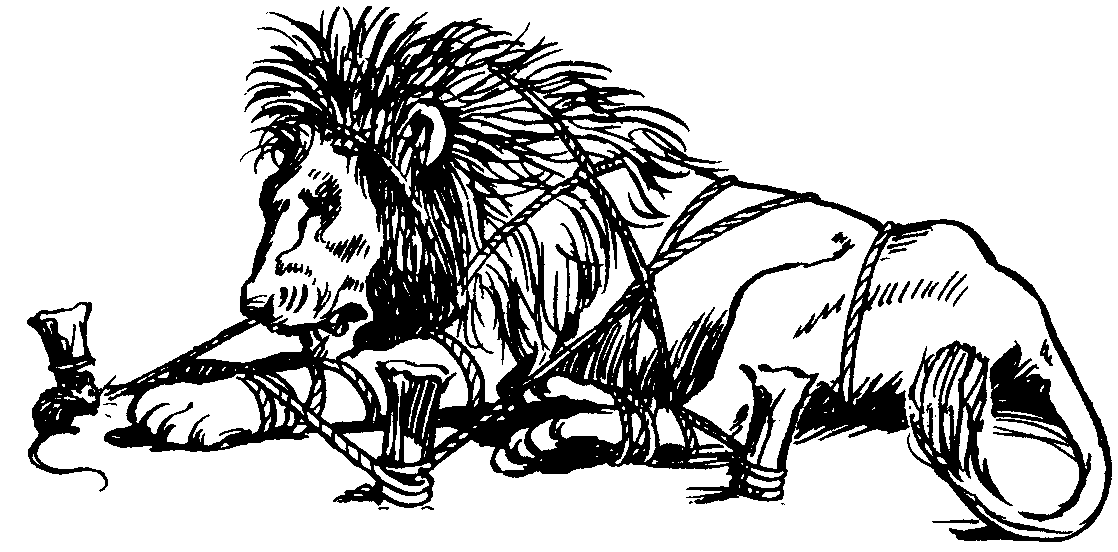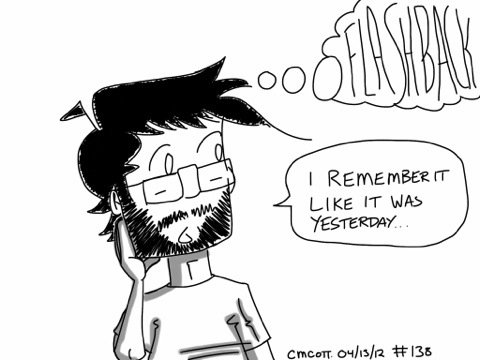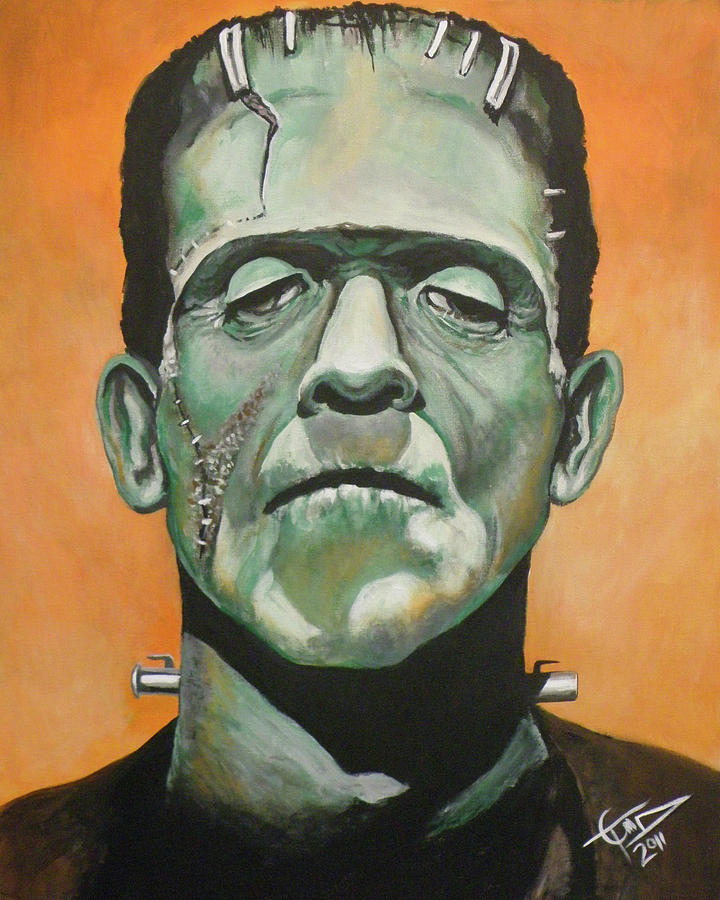expressionism: Modernist movement which presents the world in a totally subjective perspcetive and distorts it according to emotion.
fable: story that features animals, talking inanimate objects, and/or mythical creatures. Usually conveys a moral lesson with the animals/objects/creatures representing a deeper meaning.
fallacy: an argument that uses poor reasoning to back it up. IE Why is a firetruck red? Cause there's four wheels on them and eight people, and four plus eight is twelve, and twelve is a foot and a foot is a ruler, and Queen Elizabeth was a ruler, and Queen Elizabeth was also a ship, and the ship sails the sea and in the sea is fish and fish have fins, and the Finns fought the Russians and the Russians were red and that's why firetrucks are red.
falling action: What happens after the climax; where all the loose ends are tied up and everything is resolved.
farce: Slapstick comedy. A comical dramatic work that uses highly improvable scenarios and exaggerated characters.
figurative language: Similes, metaphors, onomatopoeia, personification, oxymoron, etc. Comparing two things or describing something in an unorthodox fashion.
flashback: A scene that takes the story back in time.
foil: (a+b)(c+d)=ac+ad+bc+bd.
No but seriously... A character who contrasts another character, usually to highlight a particular aspect of said character.
folk tale: A story originating from pop culture, typically passed down from generation to generation. (Pictured is the Mexican "La Llorona")
foreshadowing: To hint or warn of what is going to happen later on in the novel/movie/game/play/etc in a subtle manner.
free verse: Form of poetry with no consistent meter patterns or rhymes.
genre: any category of literature, film, etc.
hyperbole: Using exaggeration to show emphasis. IE I'm so hungry I can eat a horse.
imagery: Use of vivid or figurative language to describe something.
implication: Conclusion drawn from something, but not explicitly stated.
incongruity: The state of being out of harmony, not flowing. Being out of place.
inference: Deriving a conclusion based on something assumed to be true.
irony: the use of words/actions that signify exactly the opposite of what they should.












No comments :
Post a Comment